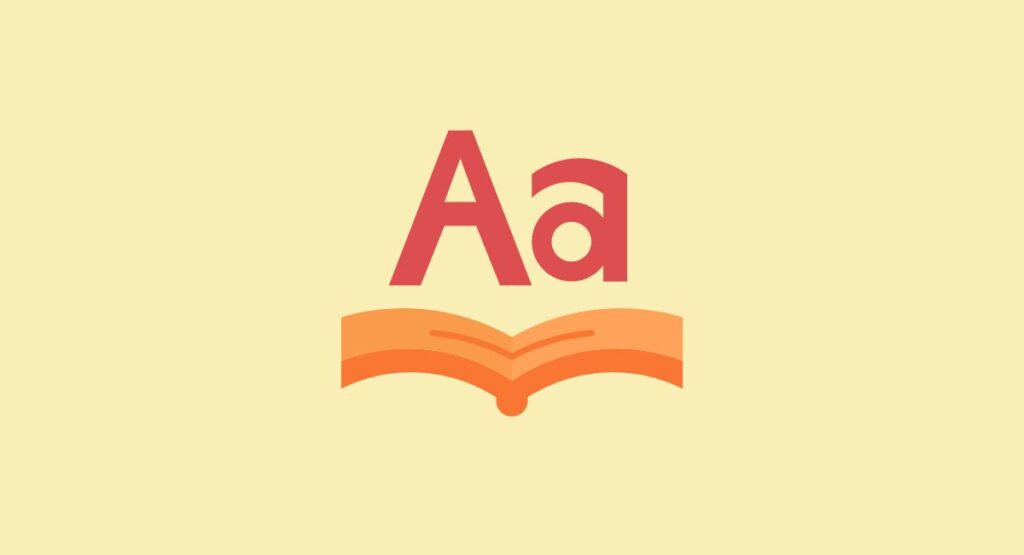Companies from English-speaking countries are looking to conduct business in Turkey because of the country’s favourable foreign investment legislation. Turkey offers a young, highly educated workforce and population that has money to spend. There’s no lack of financial or communications infrastructure in the company, making it easier than ever to facilitate English-Turkish commerce and develop trade across the Middle East, Europe, and beyond.
However, one issue new businesses in Turkey must contend with is the language difference. Organizations from English-speaking countries must translate their inner organization and marketing materials from English into Turkish. The best option is to hire a professional translation agency that provides English-Turkish translation services.
Table of Contents
The Intricate Nature of Translation Between English & Turkish

Translating between English & Turkish is an intricate process. Translators face several challenges, including the following:
Vocabulary & dialects: Choosing the best words and phrases for English-Turkish translation is challenging. For one thing, there are many regional dialects the translator must consider, idioms, and the target audience’s preferences.
Sentence structure: Turkish uses an SOV (sentence-object-verb) sentence structure, while English uses an SVO (subject-verb-object) structure. A translator must also ensure that English-Turkish translations strictly follow Turkish grammar rules and ensure the content maintains its intended meaning.
Cultural adaptation: A translator must also ensure the translation from English to Turkish includes the necessary cultural preferences of the target audience (including humour and idioms). The translator must also safeguard the meaning of the source content is kept intact and that the text is formatted correctly and localized for the Turkish target audience.
Formality & register: Translators must also choose the correct vocabulary and style that keeps the same level of formality and tone as the original English text.
Organizations from English-speaking countries must ensure they hire a professional translator. This is the only way to ensure a high-quality English-Turkish translation. Otherwise, errors or misconceptions may cause serious ramifications that could potentially harm a company’s reputation and/or miscommunicate essential information.
Related Post Why Fast Translation Services Are Not Luxury Today?
The Challenges of English-Turkish Translations
Turkish is an important language for businesses around the world, with about 78 million native speakers, according to Babbel. The Turkish language presents a valuable new market for companies around the globe. The Turkish language includes two main dialects, The Western & Eastern dialects. These dialects also have subdialects, making it essential that the translator choose the correct target audience and language preferences for English-Turkish translations.
When hiring a translation agency or translator, it’s essential to ensure they are highly experienced and knowledgeable about the English and Turkish languages. The goal is to hire a professional translator who ensures the content captures the essence, cultural nuances, and sentiments of the original text accurately.
Here are some of the main challenges translators encounter when working on English-Turkish translations:
The Turkish alphabet: The Turkish language has a slightly different alphabet than English. This is called agglutination (see next point for explanation). Vowel harmony and agglutination are essential in Turkish.
Agglutinative language: Turkish is an agglutinative language, which means the language’s words are formed by creating morphemes that stay the same and are joined with others. The nouns may be used as verbs, and endings/beginnings show the type of word a new word is.
Dotted/dotless letter “i”: English has two versions of the letter “I,” which are the lowercase dotted I and the uppercase dotless I. On the other hand, Turkish has lowercase and uppercase versions of the dotted and dotless I. This can be extremely confusing for a translator unfamiliar with the Turkish language.
Words from other languages: the Turkish language, like most other modern languages, has borrowed words from other languages. Translating new words correctly can be challenging in Turkish and its different dialects.
No articles: The Turkish language does not include articles, which can make translating more difficult.
Long words: Turkish, because it is an agglutinative language, can sometimes have more lengthy words.
Text expansion: formatting from English-Turkish can be a significant challenge due to the language’s long words. Fitting the words into the original formatting may cause text expansion, leading to formatting issues. The Turkish version of the content can expand up to one-third of the original English content.
No genders: Unlike other languages, Turkish does not use gender and has no gender-specific style for the third person singular.
These are a few of the challenges a translator may face in English-Turkish translations. For these reasons, a business must ensure it hires a professional translation agency that has deep experience in both languages, including Turkish dialects.
Five Questions for Your English-Turkish Translation Provider

Hiring an English-Turkish translation provider can be challenging. However, you can use the following five questions to find a professional, experienced translation provider who offers high-quality, accurate English-Turkish translation services.
1. How Deep is Your Language Expertise in English and Turkish?
This question is crucial. The goal is to find a translation agency that works with native Turkish translators who are deeply competent in both the English and Turkish languages. The translators must also understand the cultural nuances and differences between these languages and deal with idiomatic expressions correctly. Their translations should be high-quality, accurate, and convey the original meaning of the English content and fit the target audience’s localization preferences. Only translators with in-depth knowledge of both languages can accomplish high-quality English-Turkish translations.
2. What Industries Have You Worked With?
Another crucial question to ask a translation agency is what industries they’ve worked with. Each industry is unique and has its own jargon. In addition, legal, technical, and medical content can be quite challenging in English-Turkish translations.
So, it’s essential to choose an experienced translation agency that has in-depth knowledge and experience with your industry.
3. Can you Explain Your Quality Assurance Process?
The next important question is whether the translation agency can explain its quality assurance process to you. Quality assurance should be a top priority for any translation agency, whether they do English-Turkish translations or not.
Professional translation companies follow rigorous standards during their quality assurance process. The quality assurance process should include the following:
- Proofreading
- Editing
- Linguistic review(s)
The quality assurance process is done to ensure the accuracy and high quality of the translated content. It’s best to search for a professional translation company with a guaranteed error-free translation that follows strict industry standards.
4. How Do You Handle Tight Deadlines & Large Volumes?
There are times when a translation agency must deal with tight deadlines and large volumes of work. But the key is how they manage these issues.
A professional translation business will manage workflows with teams that are large enough to handle large volumes. They may use an in-house team most of the time; however, when there’s more work, they may reach out to a remote team to help manage their workflow more effectively.
Whether the agency has an in-house and/or remote team, each project should have its own project manager. The project manager tracks the project’s progress and ensures the project is completed correctly and on time.
In this way, a professional translation company can successfully manage project deadlines and accuracy, while ensuring that all English-Turkish translations are accurate and meet the preferences of the target audience.
5. How Much is Turkish-to-English Translation?
Translation fees can vary between different translation service providers. Prices for English-Turkish translation services can also depend on the complexity of the project, its size, and the project’s timeline. So, asking the agency how much they charge for Turkish-to-English translations is always best.
When discussing the cost of a translation company’s services, here are some questions you can ask:
- What is your pricing structure? Can you break it down? Will I be charged per language, per word, or per project?
- Do you have project or word count minimums? Do you have fees for project management?
It’s a good idea to ask for a detailed quote before hiring a translation agency. And be sure to discuss any hidden fees before you hire the company.
The right translation agency will offer answers that align with your project’s requirements and budget.
Conclusion
The Turkish language has over 78 million speakers, making this a valuable target market for many companies in English-speaking countries. However, the Turkish language is a very intricate, challenging language for translators who are not familiar with this beautiful language.
If your company wants to reach a Turkish-speaking target market, hiring a professional translation agency with in-depth knowledge and experience with English-Turkish translations is essential.
Use the questions in our article to find the right language service provider for your English-Turkish language project. Ensure the company works with native Turkish speakers, knows any dialects in the target market you’d like to reach, and has in-depth knowledge of your industry.
Following our tips, you’ll find the correct translation agency and have a successful English-Turkish translation project!
